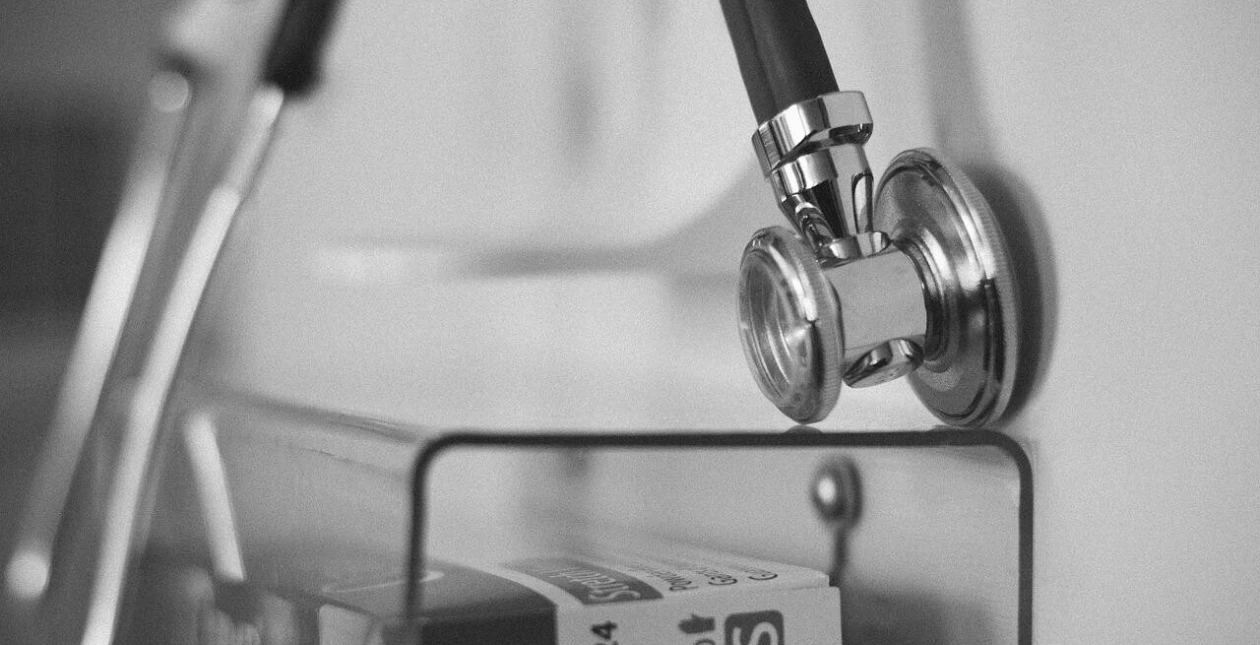A quality health insurance plan includes expenses like pre-hospitalization exams and post-hospitalization treatment.
These costs can deplete your savings if the health insurance plan does not protect them.
Thus, pre-hospitalization and post-hospitalization protections can help protect your savings by providing the financial assistance needed to pay medical bills in these challenging times.
Difference between Pre-and Post-Hospitalization in Health Insurance
Health insurance’s post-hospitalization and pre-hospitalization coverage refer to the coverage of costs incurred before and after an insured person is taken to a hospital.
The health insurance policy that has such coverage is thought to be broad-ranging because it doesn’t only cover expenses that are incurred while in hospital but also includes certain costs that are incurred before being hospitalized as well as after discharge.
What are the pre-hospitalization expenses?
Several medical tests are carried out before a patient’s admission to the hospital. The medical expenses incurred before getting admitted into a hospital can be categorized as prehospitalization costs.
When people feel uneasy, they see a doctor at home or a specialist. The doctor may suggest specific tests and scans make an exact diagnosis. If it is severe, the patient will be admitted to the hospital.
The amount may be different depending on the insurer. Some tests that fall within the category of pre-hospitalization costs include blood tests, urine tests, Xrays, CT scans, MRI, Angiography, etc.
The cost of the testing will be covered by pre-hospitalization insurance according to the conditions and terms that are part of the insurance plan.
The majority of insurance companies provide pre-hospitalization coverage as long as thirty (30) days preceding the day of hospitalization. However, this time frame will vary from one insurer to the next.
Note that hospitalization expenses before admission are covered for the same illness that the insured suffers when admitted to the hospital.
What are the Post-hospitalization expenses?
Costs incurred after the patient has been discharged from a hospital are regarded as post-hospitalization costs. When hospitalization is required, treatments do not typically cease immediately following the time the patient is released out of the facility.
Recovery from post-discharge includes medication and medical attention. Regular medical consultations with experts could also be a component of the recovery process. This is why a plan with post-hospitalization expenses could be beneficial. Post-hospitalization covers medical expenses related to the follow-up procedure that the patient received while admitted to the hospital. The majority of medical insurance plans cover the expenses within 60-90 days after discharge from the hospital.
How Does Pre and Post Hospitalization Work?
Post-hospitalization and pre-hospitalization in health insurance generally are based on a reimbursement system. Here’s an illustration.
How to Claim Pre-Hospitalization and Post-hospitalization Expenses?
Timing is an important factor when it comes to claiming post-hospitalization and pre-hospitalization.
Insurance companies have strict deadlines to settle these claims.
For instance, claims applications and submission of documents for expenses incurred after hospitalization must finish within the agreed date of receiving the treatment.
In the event of non-compliance, the claim could be denied on account of non-compliance. Thus, you should know the deadlines for these claims and abide by them during claims settlement.
To file a claim, you must submit the following documents to verify your claim:
The claim verification/validation process begins after the documents are submitted.
The insurance company will check whether the expenses are related to the same medical condition for which the patient was admitted or not.
The chance of a claim being rejected is possible if the expenses aren’t directly related. After confirmation, the amount claimed is compensated according to the policy’s terms and conditions.




